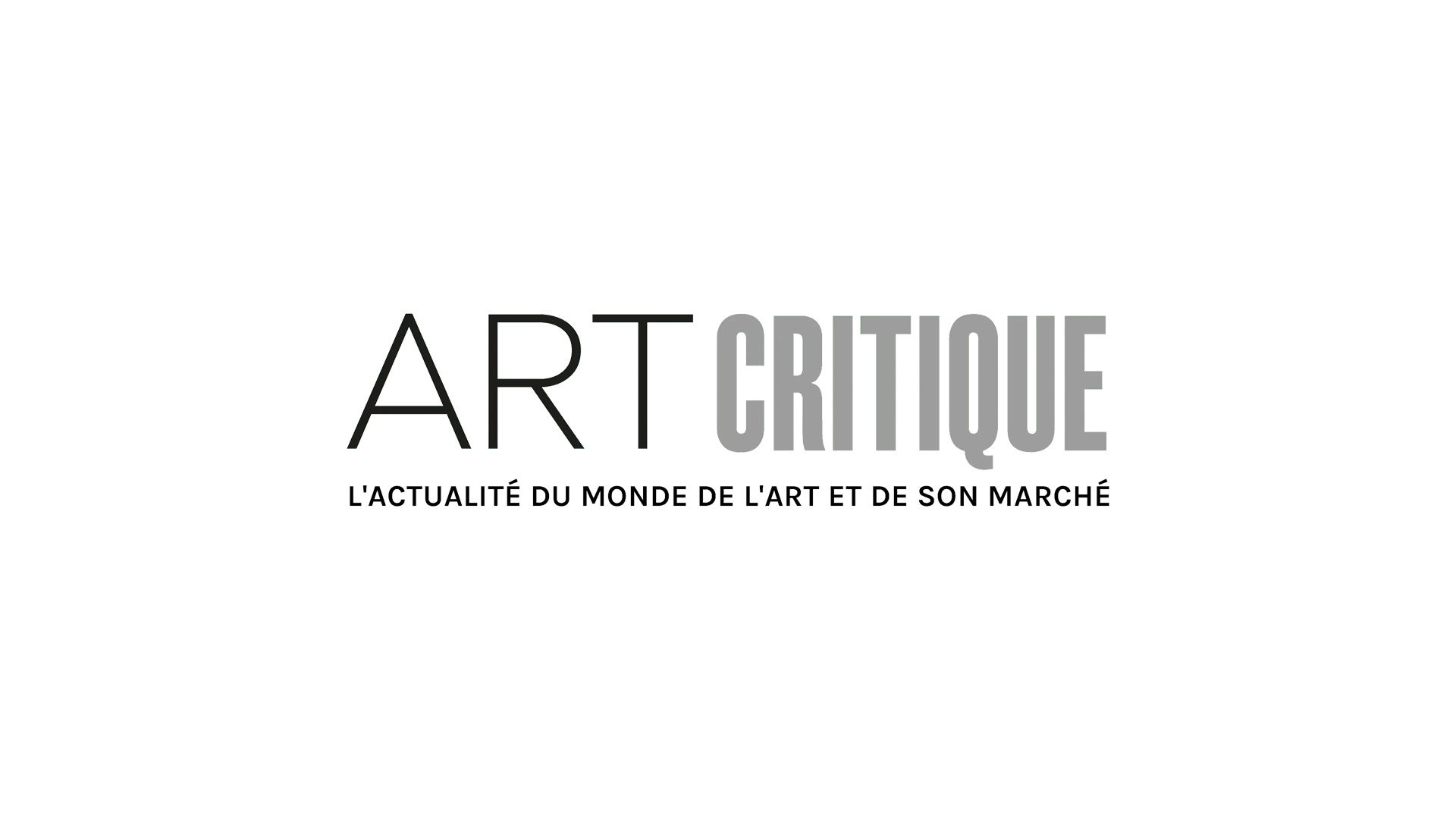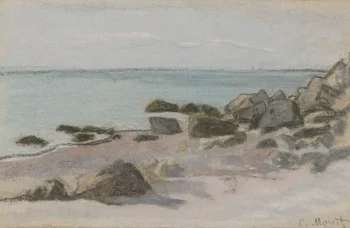In London, a court of appeals has upheld a 2019 ruling stating that Fairlight Art Ventures would replay millions to Sotheby’s. This week’s ruling is the latest, and possibly the final straw, for a years-long court battle between the auction house and the investment company concerning an allegedly forged painting by Frans Hals.
Owned by hedge fund manager and art collector David Kowitz, Fairlight Art Ventures was last year ordered by a court to reimburse Sotheby’s more than $5 million (£3.7 million). The case hinged on the sale of a painting purportedly by Hals that Fairlight and London art dealer Mark Weiss acquired, together, in 2010 from French art collector and dealer Giuliano Ruffini. In the year after that transaction, Fairlight and Weiss sold the alleged Hals to Richard Hedreen, an American collector, for $10.75 million (£8 million). The deal was brokered by Sotheby’s, whose commission was five percent.
However, just five years later, the Hals’ authenticity fell into question after Ruffini was linked to an extensive forgery ring. In 2016, it became known that the Hals was most likely part of the forgery ring, which was tied to the sale of as much as €200 million (£178 million) in artworks.
After the Hals’ authenticity became uncertain, Orion Analytical, a leader in forensic analysis which has since become part of Sotheby’s, determined that it was, in fact, “without any doubt a modern forgery.” Sotheby’s subsequently refunded Hedreen for the sale and promptly looked for compensation from Fairlight and Weiss. Both parties declined to repay the auction house, although in 2019, before the case was heard in court, Weiss settled with Sotheby’s agreeing to pay back $4.2 million (£3.1 million). Fairlight, though, upheld their innocence in the matter arguing that they were simply a “financier” for the sale rather than Weiss’ “partner,” and were therefore not at fault.
After being heard by London’s High Court, the judge ruled in favour of Sotheby’s stating, in part, that “Fairlight is liable to Sotheby’s for failing to return the purchase price of the painting.” Earlier this month, Fairlight appealed the court’s decision, but the appellate court’s quick ruling ultimately supported the original findings.
A French court case involving Ruffini’s expected forgery circuit is ongoing. Ruffini is suspected of having operated the ring alongside the Italian painter Lino Frongia, who is thought to have produced the works. In September 2019, a Europe-wide arrest warrant for the arrest of both was issued. An Italian judge, however, has rejected the warrant having delayed the case as well as the expedition of Ruffini and Frongia to France.
As for the Fairlight case, “the law had to fall on someone,” said a presiding judge on the case. “Obviously,” he continued, “it did not fall on the forger.”






